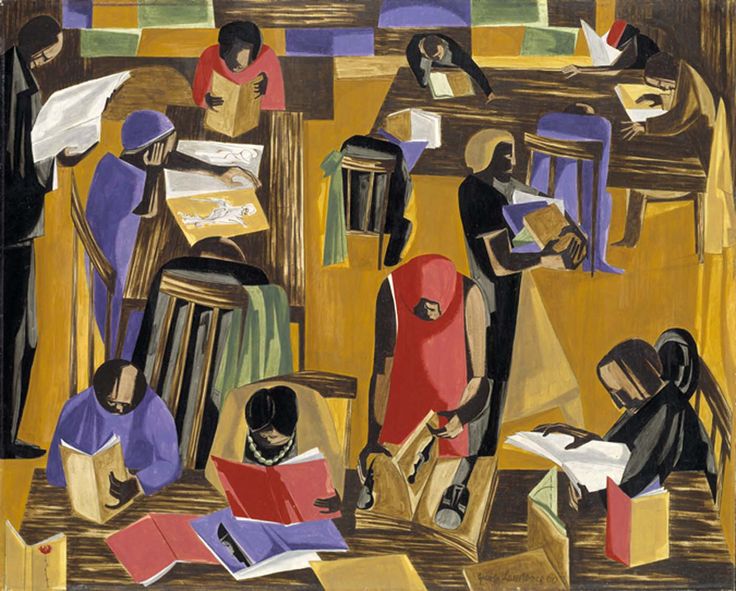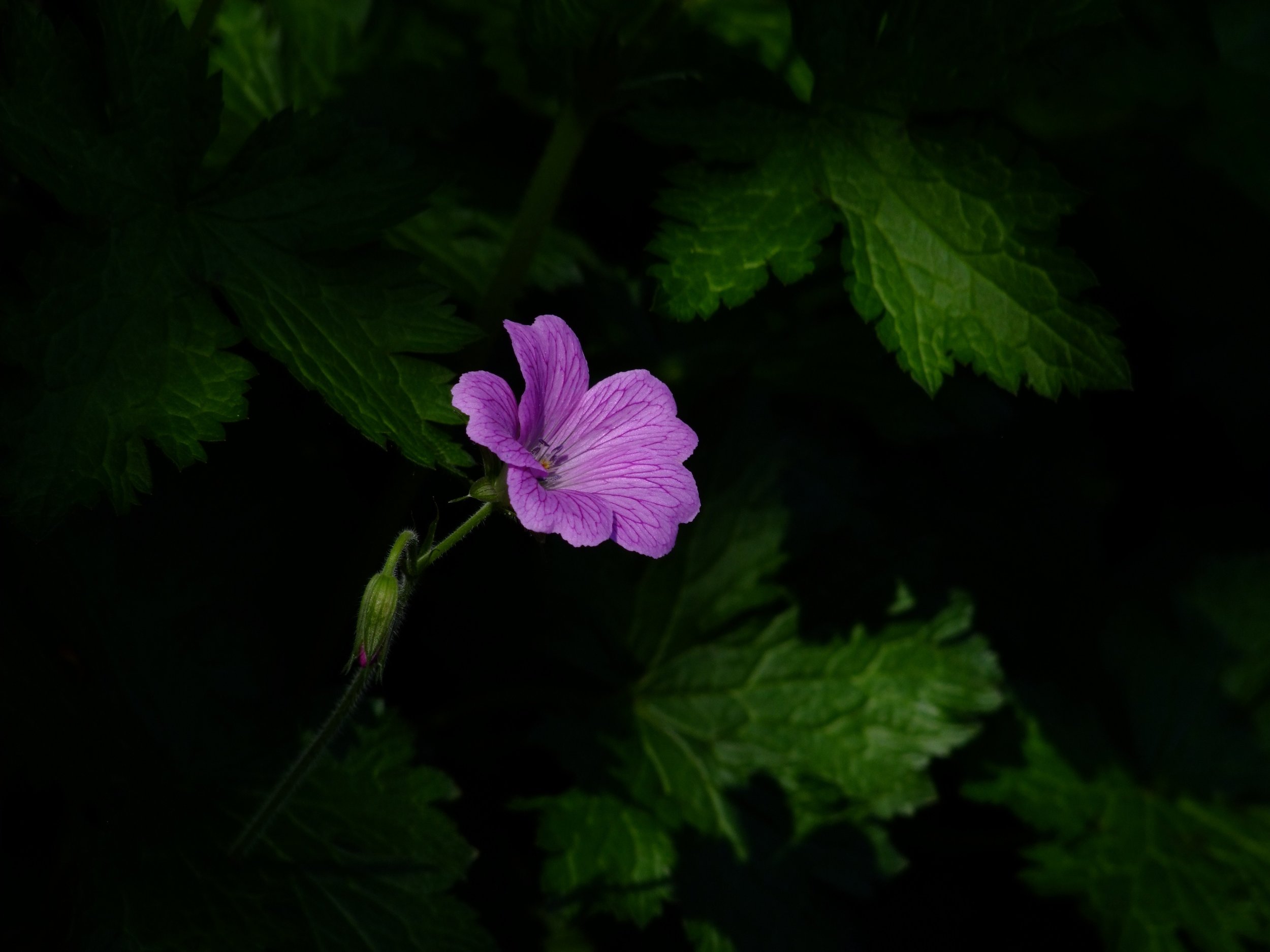

2016: Reading in Review
My personal reading this year has been specifically targeted toward reading more ethnically diverse books. I am on a mission to figure out who I am going to be as a book publishing professional in light of what I see in our American culture. (You can read more about my mission here.) With all the gathering of stories, characters, platforms, ideologies, and perspectives, I don’t have words yet for how I feel like I have been shaped, emboldened, or propelled by what I’ve read.

To Be or Not to Be Politically Correct—A Consideration of Words and Language
Not too long ago, I was editing a book in which I chose to use the words enslaved people instead of slaves. A person reading over the material asked, “Why not just say ‘slaves’?” I thought it was a good question, though I didn't imagine being asked about it. I know why I chose it. It was not a second thought to me. I also understood why the person asked, and it was completely innocent. But it got me thinking about how some people would actually take issue with the word choice—enslaved people—thinking, "Here we go with all this political correctness."

Books!—A Personal Way to Learn More About What’s Stirring Black America
What would it be like to be constantly disbelieved for your own experience? To never ever be validated, with or without proof? How does it feel to be dismissed, denied, and rejected? To have your tears and frustration met with responses like, “I don’t believe you. You are lying.”

Graduate School Musings: Finding My Place in the Quest for Many Stories
Currently the official canon of American Renaissance literature (defined by F. O. Matthiessen as literature written between 1850 and 1855) includes no women and no people of color. Across the US and the world that include American Renaissance, or the like, as part of their curriculum study this time period with only the perspectives of white men. But both women and people of color wrote landmark, culture-shifting works during this time that embody the very meaning of renaissance. I aimed to uncover and explore their works.

Women's History Month Profile: Chimamanda Ngozi Adichie—Writing to Power
Adichie tells the story of a Nigerian family under the oppression of a fanatically religious father. The story is told through the sensitive eyes of fifteen-year-old Kambili. The wealthy and privileged family consists of father, Eugene; mother, Beatrice; elder son, Jaja; and younger daughter Kambili. They are members of the Igbo tribe and live in Enugu. Despite his tyrannical rule over his family, Eugene is known an upstanding businessman and kind-hearted, generous philanthropist who gives to widows, pays tuition for over one hundred poor children, and funds the efforts of his local Catholic church.

Women's History Month Profile: Harriet A. Jacobs—Writing to Power
Incidents in the Life of a Slave Girl is "an eloquent and uncompromising slave narrative" and is "arguably the most comprehensive slave narrative written by a woman." (Encyclopedia Britannica) In her writings we can clearly see the intersecting, overlapping, and oppressive struggle of a person of color and of a woman.

I Took the Leap and Here's Where I Landed
Yesterday, I left my career home of twelve years. I was a baby when I started and I am still sort of a baby now (at least that's how I feel). And those who are interested want to know what's next. "Where are you going, Jevon?" It's hard for me to just say the company and the job title without sharing the weight of what I feel this next season is all about for me, and, really, for anyone who has an ear to hear what the Spirit is saying to them during what I believe is a time of major transition for God's people around the globe. So I'll start with a little background.

Create Your Own Book Scene (CYOBS) Right Where You Live
If you are like me and occasionally catch yourself drooling over the awesome bookish scene in some of the major cities, especially New York, but live light years away from all the action, I hope this post will motivate you to CYOBS (create your own book scene).

Central Florida May Be No New York, but the Literary Scene Here Is Alive and Well
New York City is known for being the epicenter of book publishing, and in times past I have often wished I lived in New York--if it had Florida-like weather. But I have decidedly stepped out of my wishing to be there to enjoying being here, and what I've discovered is a flourishing love of the literary arts in my local area.

Black History Month Tribute: 10 African American Publishing Firsts
Ten African American publishing firsts. You can find more African American firsts in publishing and other areas in Joan Potter’s African American Firsts: Famous, Little-Known and Unsung Triumphs of Blacks in America.
